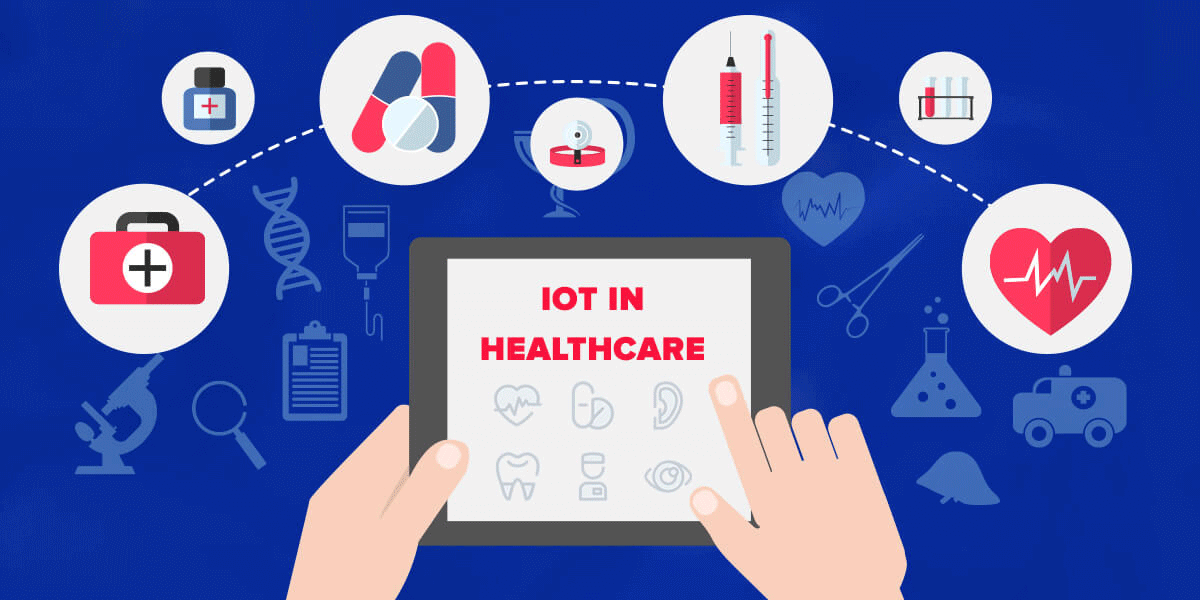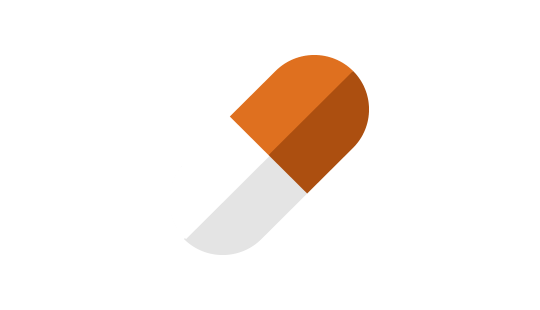The NHS has long been a leader in collecting data, from comprehensive Hospital Episode Statistics to world-class clinical registries – but without necessarily harnessing their full potential.
If patients and taxpayers are going to benefit from the advent of digital healthcare, now is the time for the NHS to double-down on delivering this.
Understanding the value of health data is difficult when its’ future application is only just being appreciated, yet the potential benefits are already recognized internationally.

Israel recently announced an investment of nearly 1 billion shekels (£208 million) to make population health data available to researchers and private companies.
The South Korean government is expanding subsidies and support for medical big data initiatives, recently announcing the consolidation of hospital data to establish a national database. In a new global healthcare data race, we need to be careful the NHS isn’t left behind.
Harnessing NHS health data for the national benefit will require some bold decisions, and considerable resources, all of which take time and political will. Based on my work with clinicians, managers, and researchers internationally, I’ve identified four key areas of focus:
1. Calculating The Value of Healthcare Data is Essential
An improved understanding of this will aid prioritization and investment, allowing the national economic potential to be fully realized. This starts by calculating the current costs e.g. of collecting, cleaning, linking, curating, storing, and sharing data. The answer varies depending on your viewpoint, be that a patient, provider, industry, or political perspective. Israel estimates the potential from their health data accessibility initiative as running into billions of dollars.
2. Build A Joined-up Approach With A Single Access Point
For academic or industry looking to work with NHS data, the fragmented provider system can be challenging. Different organizations each hold different layers of data, with variable linkage across the full continuum of care. Improving this will be good for the health service, for patients, and for those looking to work with the data.

Providing a single access point will encourage those looking to the NHS for their data needs, avoiding dealing with multiple organizations. In South Korea, the central consolidation of health data is underpinning their strategy to grow their share of the lucrative global bio and healthcare sector from the current 1.8 percent to 4 percent by 2022.
3. Get A Fair Deal For Everyone
Data is a unique asset, gathered by the health service from patients at taxpayers’ expense. However, innovative use of this will often be driven by outside organizations who can invest and take risks but will need a reasonable return. It’s important that all of these parties get a fair deal to drive innovation.
Given one size won’t fit all, central support to develop a range of transparent business models for intellectual property will help provide options, be that data licensing through to equity or revenue shares. Without singling out specific organizations, the NHS will need to learn carefully from good practice globally, while recognizing that the legal position around data ownership and confidentiality can vary markedly.
4. Demonstrate The Value to Patients
International research by the European Commission made specific recommendations for developing a communications strategy around big data in healthcare to encourage a positive public mindset. Patients must understand and support the use of aggregated, anonymized health data, yet trust has already been undermined by adverse media headlines.
Avoiding this by clearly communicating the use and benefits will require considerable effort. From clinical breakthroughs to improved outcomes and efficiencies, helping patients understand the tangible benefits of harnessing healthcare data will help allay these concerns.
In a competitive global marketplace, we need to ensure the NHS learns from these international initiatives and adopts a world-leading approach to working with, and providing access to, high-quality health data. Indeed, it has a duty to do so – to patients, who stand to benefit from improved treatment and administration; to tax-payers, who have already funded existing data collection; and to academia and industry, who can drive national investment, growth, and employment from developing new innovations and applications derived from this.
Dr. Ed Fitzgerald, Global Healthcare Executive, KPMG International
Source: https://www.reform.uk/
Feature Image Source: NHS England
